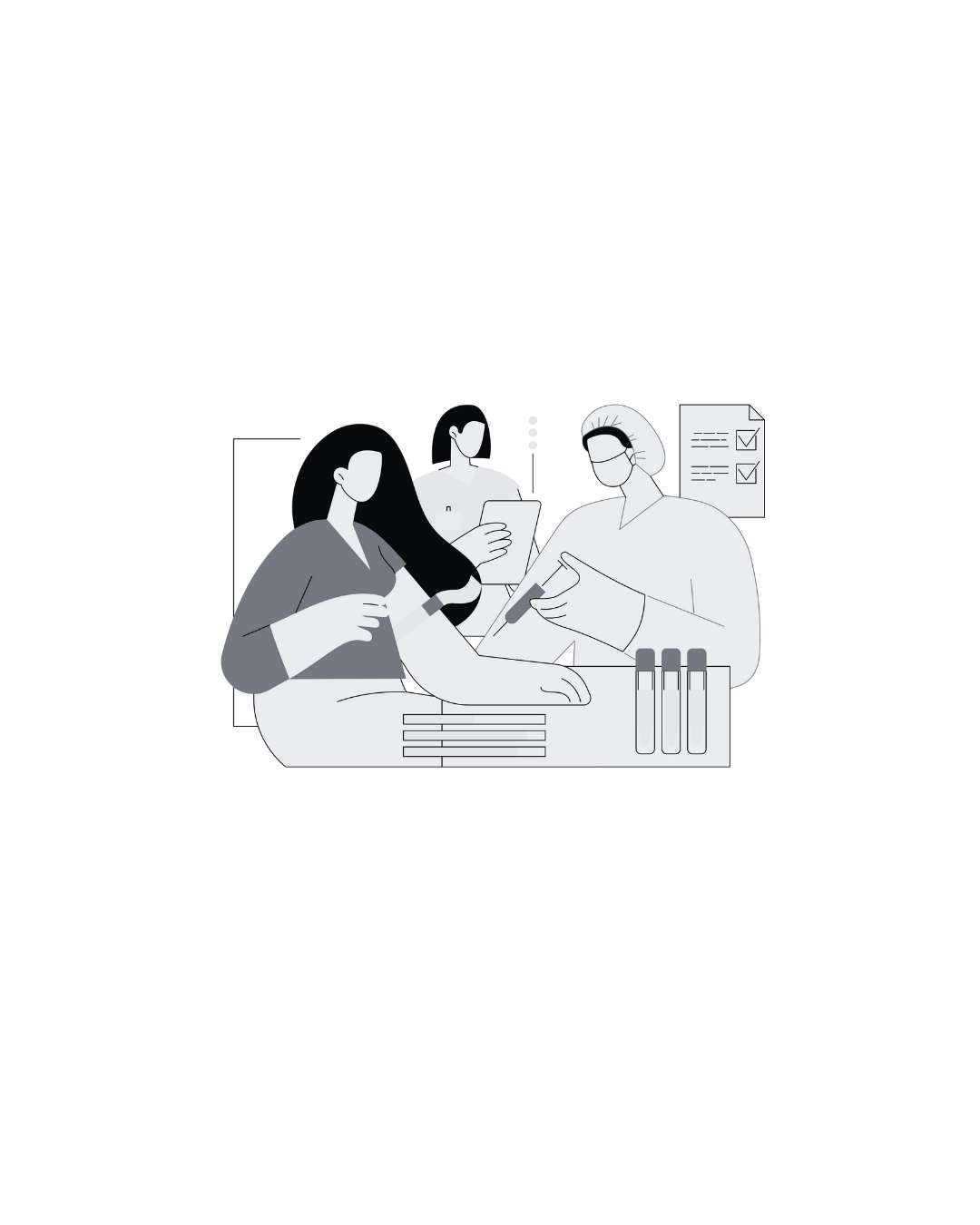Description
An Advanced Diploma in Phlebotomy Technician program provides students with the essential skills and knowledge required to perform venipuncture and collect blood samples for laboratory testing. This program emphasizes both practical skills and theoretical knowledge, preparing graduates for a career in various healthcare settings, including hospitals, clinics, and lab facilities.
Course Details:
Duration: Typically ranges from 6 months to 1 year, depending on the institution and whether the program is offered full-time or part-time.
Eligibility: A high school diploma or equivalent is usually required; some programs may prefer candidates with coursework in biology or health sciences.
Mode of Study: Usually includes a combination of classroom instruction, laboratory practice, and clinical placements.
Curriculum:
The curriculum for an Advanced Diploma in Phlebotomy Technician typically includes the following key components:
1. Introduction to Phlebotomy
Role of a Phlebotomy Technician: Understanding the responsibilities in collecting blood samples, interacting with patients, and working with laboratory personnel.
Healthcare System Overview: Familiarity with the healthcare facility?s structure and how phlebotomy fits into patient care.
2. Human Anatomy and Physiology
Circulatory System: Detailed study of the anatomy and physiology of the circulatory system, including the structure of veins and arteries, and understanding how blood is circulated.
Key Medical Terms: Learning relevant medical terminology related to phlebotomy and laboratory procedures.
3. Phlebotomy Techniques
Venipuncture Methods: Instruction on techniques for drawing blood from various sites, including the antecubital vein and alternative sites when necessary.
Capillary Collection: Skills for performing capillary blood collection, especially in pediatric patients or those with difficult veins.
4. Infection Control and Safety Practices
Aseptic Technique: Education on maintaining a sterile field and preventing infections during blood collection.
Personal Protective Equipment (PPE): Training on the proper use of PPE to protect both patients and healthcare workers.
5. Patient Interaction and Communication
Effective Communication Skills: Techniques for effectively communicating with patients, including explaining procedures and addressing their concerns.
Patient Comfort and Safety: Strategies for ensuring patient comfort and managing anxiety during blood draws.
6. Quality Control in Blood Collection
Sample Quality Assurance: Understanding factors that affect blood sample quality and handling to ensure accurate laboratory results.
Proper Labeling and Documentation: Training in the importance of accurate labeling, documentation, and chain-of-custody procedures for specimens.
7. Laboratory Procedures and Test Types
Basic Laboratory Operations: Overview of how laboratories operate and the types of tests that are performed on blood samples.
Understanding Test Requirements: Familiarity with pre-test preparation guidelines and how they affect specimen collection.
8. Legal and Ethical Issues in Phlebotomy
Patient Rights and Privacy: Understanding laws surrounding patient confidentiality and informed consent, including HIPAA regulations.
Ethical Considerations: Awareness of ethical issues encountered in the practice of phlebotomy.
9. Clinical Placements
Hands-On Experience: Opportunities for practical training in real clinical settings, collecting blood samples under the supervision of experienced professionals.
Collaboration with Healthcare Teams: Emphasizing teamwork and communication with other healthcare personnel in patient care contexts.
10. Professional Development and Certification Preparation
Continuing Education: Importance of ongoing education in phlebotomy and staying current with best practices.
Certification Exam Preparation: Guidance on preparing for national certification exams, which may enhance employment opportunities.
Assessment:
Assessment methods for the program may include:
Practical Skills Evaluations: Demonstrating competencies in performing blood draws and interacting with patients.
Written Exams and Assignments: Testing theoretical knowledge through quizzes, essays, and practical scenarios.
Clinical Performance Evaluations: Assessments during clinical placements to evaluate hands-on skills and professionalism.
Career Opportunities:
Graduates of an Advanced Diploma in Phlebotomy Technician can pursue various roles, including:
Phlebotomy Technician: Collecting blood samples in hospitals, clinics, laboratories, and blood donation centers.
Laboratory Assistant: Supporting laboratory staff by preparing samples for testing and assisting in other laboratory duties.
Patient Care Technician: Involvement in patient care beyond phlebotomy, including basic clinical tasks in healthcare settings.
Specimen Processing Clerk: Handling the transportation and preparation of specimens within laboratory environments.
This advanced diploma program equips students with the necessary skills and knowledge required to excel in the field of phlebotomy, contributing to effective patient care and accurate medical testing. If you have any further questions or would like more specific information about the program, feel free to ask!









